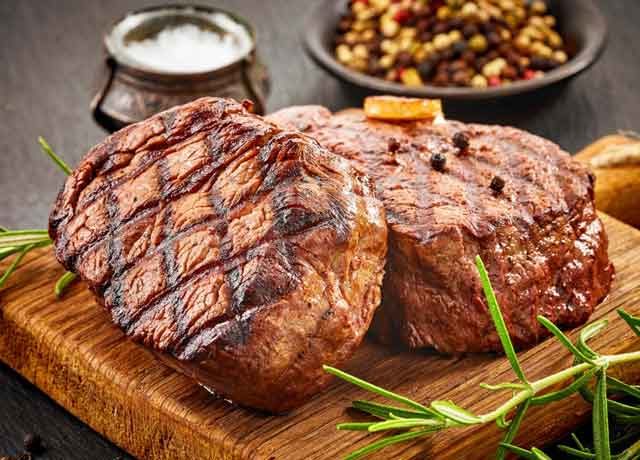DENVER – Walmart invested in its own supply chain for Angus beef to satisfy consumer demand for clean labels, transparency and traceability. But what’s in it for Walmart? More than satisfied customers, CoBank’s Knowledge Exchange Division said in it’s report, “Walmart’s New Beef Plant is More Sizzle Than Steak, For Now” by Will Sawyer, lead economist at CoBank.
In April of 2019, Walmart announced a partnership with Creekstone Farms, rancher Bob McClaren of 44 Farms and Prime Pursuits, and Mc6 Cattle Feeders. Enlisting these top-tier companies and capitalizing on their expertise gives Walmart access to valuable insights into beef production, the report stated.
“The fragmented nature of US fed cattle production means traceability and visibility are inherently challenging,” the report said. “Walmart’s move enables it to gain valuable insights critical for understanding the chokepoints and profit pools in the complicated US beef production system. Walmart is learning about all of this first-hand but on a small scale.”
Walmart furthered its beef supply chain investment by opening a case-ready beef facility in Thomasville, Georgia, in January this year. Augusta, Georgia-based FPL Foods LLC operates the plant which serves as a distribution hub for a selection of Angus beef cuts, such as steaks and roasts from the new supply chain to 500 Walmart stores in the southeast, including Georgia, Alabama and Florida. CoBank said that Walmart could take another step up the beef supply chain if the supply chain and case-ready plant are successful.
“That could be in the form of harvesting fed cattle, as Costco has done in chicken, but it could also be via joint venture with a current packer,” CoBank said.
The possibility of Walmart as a beef producer-processor is intriguing, but CoBank noted that US cattle producers, feeders and packers likely will not suffer any significant impact in the near-term. But Walmart does see an opportunity to capture margin during a time when processor margins are historically high. Other players in the supply chain should take note.
“Other retailers will be watching how Walmart fares,” CoBank said in the report. “However, only the strong have survived beef industry consolidation over the past few decades, and any new entrant will need to bring something new that enables it to disrupt the industry and do so profitably.”


